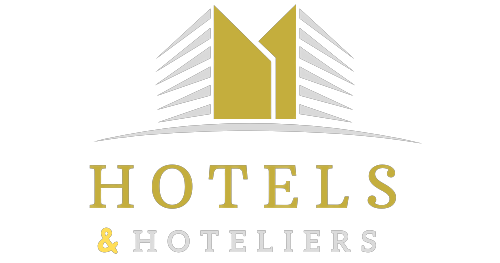What Is A Hotel SOP?
For everyone working in the hotel industry sooner or later will come a point where they will be introduced with the hotel SOP. But what is a hotel SOP? Standard Operating Procedures or shortly SOPs are essential and important documents that detail how specific tasks and operations should be followed. These procedures ensure consistency, efficiency, and high-quality service across all departments in a hotel. In this article, we will explore what hotel SOPs are, why they are important, and provide some simple samples to illustrate their objective.
In a short way, a hotel SOP is a set of rules and written instructions written to help staff perform tasks correctly and in order. These procedures cover different hotel operations, from housekeeping and front desk duties to food and beverage service and maintenance.
Why Hotel SOPs are important?
As mentioned above an SOP is a set of written instructions made to help staff perform tasks in order. Let’s have a look below some of the key points of the importance of the hotel SOP’s:
- Consistency: SOPs ensure that every staff member performs tasks always in the same way, which leads to a consistent guest experience.
- Efficiency: Clear instructions help staff work more efficiently, saving time and reducing mistakes.
- Training: SOPs serve as valuable training resources for new employees, helping them understand their roles and responsibilities.
- Compliance: They help hotels comply with industry regulations and standards.
- Guest Satisfaction: By ensuring high standards of service, SOPs contribute to guest satisfaction and loyalty.
As you can clearly understand now, the hotel SOPs play a great role in compliance and safety. They outline essential procedures for health, safety, and legal compliance, ensuring that all staff members are aware of and adhere to regulations. This is particularly important in areas such as food safety, emergency response, and data protection. By following SOPs, hotels can minimize risks, prevent accidents, and handle emergencies effectively. Additionally, SOPs assist in training new employees, providing them with a clear understanding of their roles and responsibilities, which helps in maintaining operational efficiency and reducing the learning curve.
Hotel SOP Sample And The Key Components
Whenever you are about to make a hotel SOP keep in mind the below important key components that an SOP should inlclude:
- Objective: Explains the purpose of the SOP.
- Scope/Area: Defines which areas or functions the SOP covers.
- Responsibilities: Outlines who is responsible for carrying out the procedure.
- Procedures: Step-by-step instructions for performing the task.
- Materials and Equipment: Lists what is needed to complete the task.
- Documentation: Specifies any forms or logs that need to be completed.
- Compliance and Standards: References relevant regulations and policies.
- Review and Update Schedule: Indicates how often the SOP should be reviewed and updated.
- Appendices: Includes additional information or diagrams to support the SOP.
Hotel SOPs Samples:
Now that you have a better understanding of a hotel SOP, let’s have a look down below to have a better understanding how a hotel SOP looks like:

By providing clear, step-by-step instructions, SOPs help ensure that all staff members perform their duties consistently and effectively. Regularly reviewing and updating these procedures is essential to keep them relevant and useful. Whether it’s cleaning guest rooms, checking in guests, or delivering room service, SOPs play a crucial role in the smooth operation of a hotel, ultimately enhancing the guest experience.
Frequently Asked Questions:
What Is A Hotel SOP?
A hotel SOP is a set of rules and written instructions written to help staff perform tasks correctly and in order. These procedures cover different hotel operations, from housekeeping and front desk duties to food and beverage service and maintenance.
Key Points of An SOP?
To make an SOP these points needs to be mentioned on it: Objective, area, responsibilities, procedures, materials and equipment, documentation, compliance and standards, review and appendices


